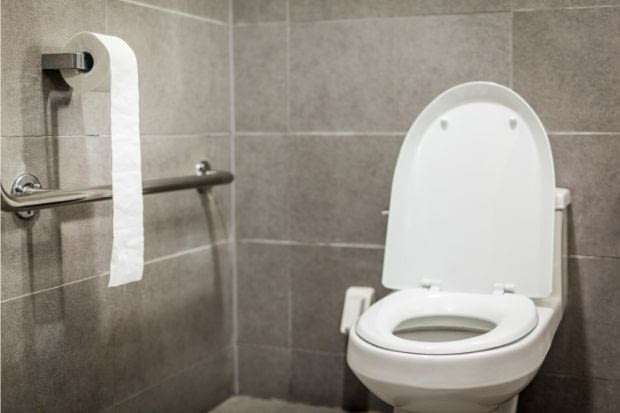Feces is used to power a building in South Korea, and those who use the restroom receive virtual cash.
The virtual currency can be used to purchase books and fruits on campus.
South Korea has been the site of a number of inventive ventures, the most recent of which was a campaign encouraging kids to earn virtual currency for using the restroom. Cho Jae-weon, an urban and environmental engineering professor at the Ulsan National Institute of Science and Technology (UNIST), has developed the BeeVi toilet, which transports faeces to a laboratory for the production of biogas and manure.
Cho revealed that the average person excretes 500 grams every day. This can then be transformed into 50 litres of methane gas, which produces 0.5 kWh of electricity. Feces, according to Cho, can be turned into useful products.
If we think outside the box, feces has significant worth in the production of energy and manure. This value has been assigned to ecological circulation by me.
The BeeVi toilet was created with the goal of conserving water by transferring feces to underground tanks via a vacuum pump. Microorganisms break down the waste into methane, which is then utilized to power the building, a hot-water boiler, a solid oxide fuel cell, and a gas stove.
For using the BeeVi toilet, people receive 10 Ggool each day.
Cho has devised a virtual currency called Ggool, which means honey in Korean, to encourage people to use his environmentally friendly toilet. Those that use the restroom will be paid 10 Ggool per day. As one post-graduate student named Heo Hui-Jin put it, “I had only ever thought of excrement as a creature of tremendous worth to me, but now it is a creature of great value to me.” During mealtimes, I even bring up the subject of feces in order to justify buying any book I desire.
Books, fruits, quick cup noodles, and even freshly brewed coffee may be purchased using the virtual money on campus. Students can buy anything in the market and pay with Ggool by scanning a QR code.
The Feces Standard Money (FSM) project has developed WALDEN 2.0, a second-generation BeeVi toilet with a built-in health screening system that analyzes waste and urine and notifies users of their overall well-being via a smartphone app. It is equipped with an ultraviolet lamp that sterilizes or disinfects the toilet bowl, seat, and lid. This is an improvement to the WALDEN 1.0, the original generation BeeVi toilet, which was created to assist users in changing to a more comfortable posture during bowel movements.
Virtual cash for the BeeVi toilet/n



